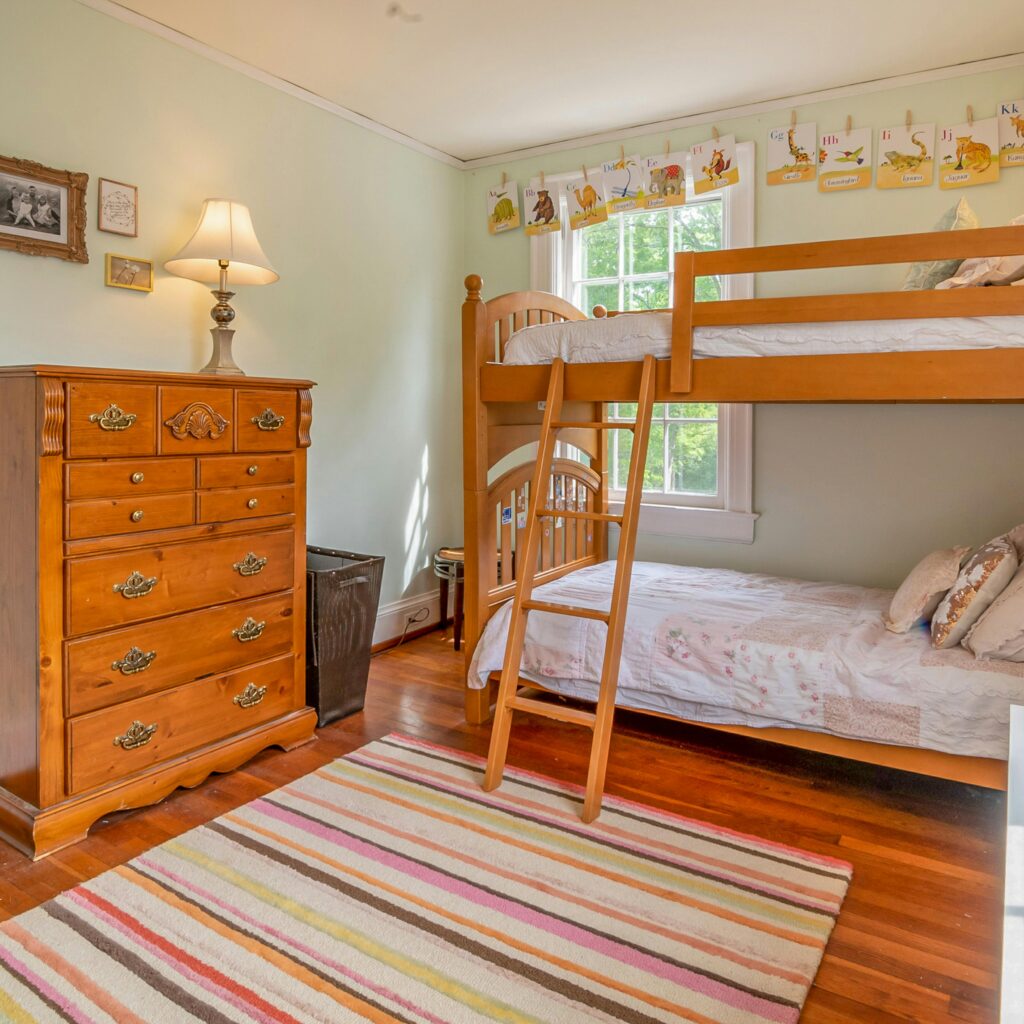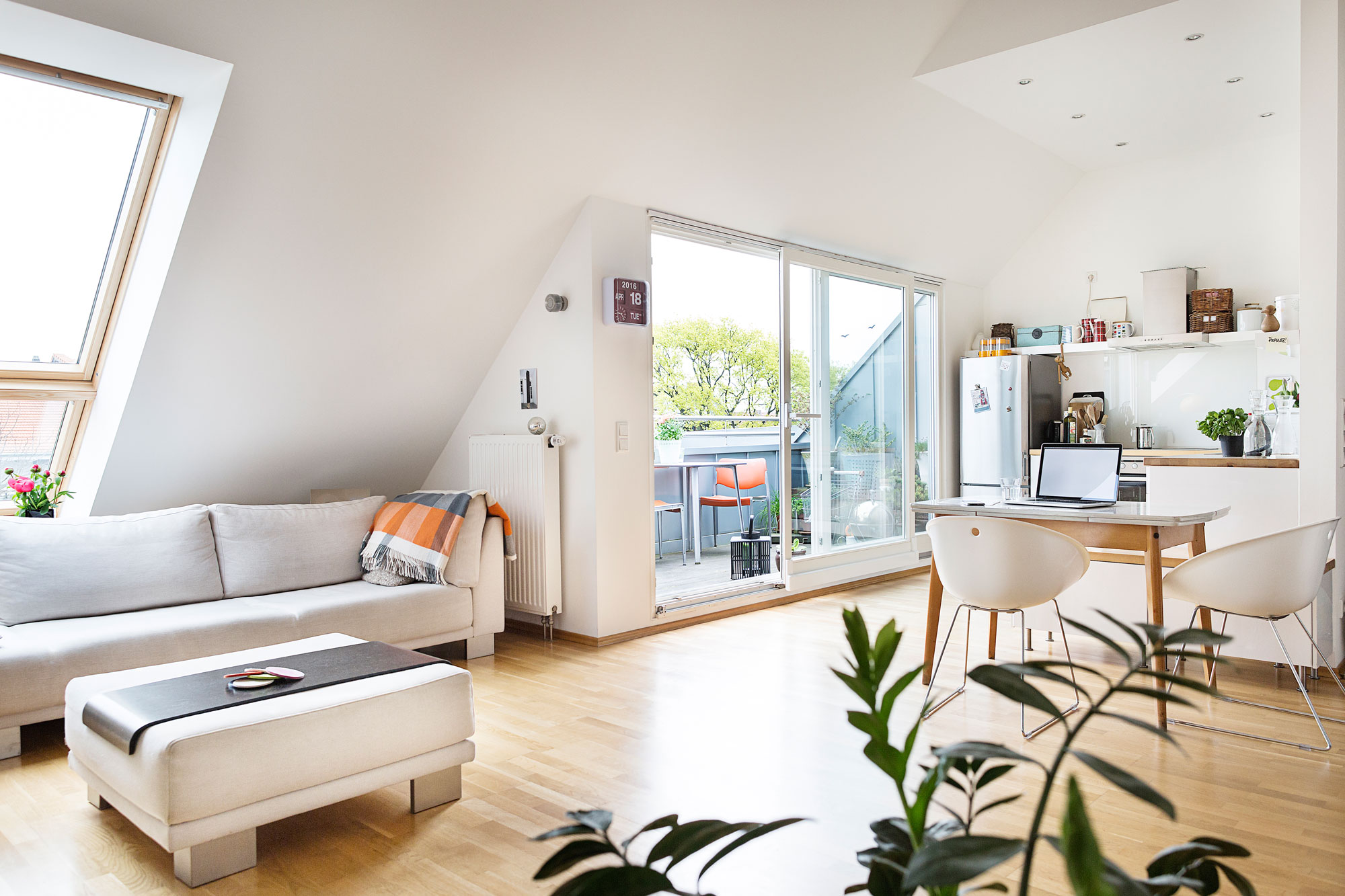Finding Student Accommodation in Germany is a crucial step for any international student planning to study in this vibrant and diverse country. With a mix of historical cities, modern infrastructure, and world-renowned universities, Germany offers various housing options to suit different preferences and budgets. This guide will explore the different ways to find Student Accommodation in Germany and answer some frequently asked questions (FAQs) that students often have.
Additionally, the visa process can be challenging. Our German Aspirants Consultancy services(https://germanaspirants.com/service/) provide comprehensive support to secure your visa, ensuring a smooth transition to Germany.

Types of Student Accommodation in Germany
1. Student Dormitories (Studentenwohnheime)
Overview: Student dormitories, managed by the Studentenwerk (Student Services), are a popular choice among students due to their affordability and community atmosphere.
Application Process:
- Apply early, as these dormitories are in high demand.
- Applications can be made through the Studentenwerk website of your respective university city.
- Some universities may also have their own housing offices to assist with applications.
Cost:
- Prices range from €200 to €400 per month.
- Costs vary depending on the city and the type of room (single or shared).
Facilities:
- Basic furniture is usually provided.
- Shared kitchens and bathrooms are common.
- Some dormitories offer single apartments with private bathrooms and kitchens.
Advantages:
- Affordable and budget-friendly.
- Proximity to the university.
- Opportunity to meet and interact with other students.
Disadvantages:
- Limited privacy.
- Competition for spots can be fierce.
2. Private Apartments (Privatwohnungen)
Overview: Renting a private apartment offers more privacy and independence but comes at a higher cost.
Search Platforms:
- WG-Gesucht (https://www.wg-gesucht.de/)
- ImmoScout24 (https://www.immobilienscout24.de/)
- eBay Kleinanzeigen (https://www.kleinanzeigen.de/s-wohnung-mieten/c203, https://www.kleinanzeigen.de/s-haus-mieten/c205 )
Cost:
- Typically ranges from €400 to €800 per month, depending on the city and the size of the apartment.
Lease Details:
- Standard lease terms are 6-12 months.
- Be prepared for additional costs such as utilities (electricity, water, heating).
Advantages:
- Greater privacy and independence.
- Flexibility in choosing location and apartment type.
Disadvantages:
- Higher cost compared to dormitories.
- Additional responsibilities such as utility payments and maintenance.
3. Shared Flats (Wohngemeinschaft or WG)
Overview: Shared flats, or WGs, involve renting a room in an apartment shared with other students or young professionals. This option is cost-effective and socially engaging.
Search Platforms:
- WG-Gesucht (https://www.wg-gesucht.de/)
- Facebook groups
- University bulletin boards
Cost:
- Generally between €300 to €600 per month.
Room Types:
- Single rooms with shared common areas like kitchens and bathrooms.
Advantages:
- Lower cost compared to private apartments.
- Opportunity to live with peers and build a social network.
Disadvantages:
- Less privacy compared to private apartments.
- Possible conflicts with roommates.
4. Homestays
Overview: Living with a host family provides cultural immersion and language practice, making it an excellent option for international students.
Search Platforms:
- Homestay.com ( https://www.homestay.com/german )
- Host Families Network
- University programs
Cost:
- Varies widely, often includes meals.
Advantages:
- Cultural and language immersion.
- Potentially lower costs if meals are included.
Disadvantages:
- Less independence.
- Adjustment to the host family’s lifestyle and rules.
University Accommodation Offices for Student Accommodation in Germany
Most universities in Germany have accommodation offices to assist international students in finding suitable housing. These offices provide valuable resources, including:
- Housing Listings: Access to university-affiliated housing options.
- Legal Advice: Assistance with rental contracts and understanding tenant rights.
- Emergency Accommodation: Temporary housing solutions for students in urgent need.
Contact Information:
- Check your university’s website for details on how to reach the accommodation office.
Tips for Student Accommodation in Germany
Start Early
The earlier you start your search, the better your chances of finding suitable accommodation. Popular housing options, especially student dormitories, fill up quickly.
Use Trusted Platforms
Avoid scams by using reputable housing search platforms and always verify the legitimacy of listings before making any payments. Never transfer money before seeing the apartment and signing a contract.
Prepare Necessary Documents
Be ready to provide:
- A copy of your passport.
- Proof of enrollment at your university.
- Proof of financial stability (e.g., bank statements, scholarship letters).
Consider Temporary Accommodation
If you cannot secure permanent housing before arriving in Germany, consider booking temporary accommodation such as hostels, hotels, or Airbnb.
Cost of Living for Student Accommodation in Germany
Average Monthly Expenses: Depending on the city, students can expect to spend between €800 to €1,200 on living expenses. This includes rent, food, transport, and leisure activities.
Student Discounts: Many places offer student discounts on transport, food, and entertainment. Always carry your student ID card.
Frequently Asked Questions (FAQs)
Q: When should I start looking for Student Accommodation in Germany? A: It’s advisable to start your search at least three to six months before your intended move-in date.
Q: What are the most affordable cities for students in Germany? A: Cities like Leipzig, Dresden, and Aachen tend to have lower living costs compared to major cities like Berlin, Munich, and Frankfurt.
Q: Can I work part-time while studying in Germany? A: Yes, international students can work part-time for up to 20 hours per week during the semester and full-time during semester breaks.
Q: Are there any scholarships available for international students? A: Yes, various scholarships are available from organizations such as DAAD (German Academic Exchange Service) and individual universities.
Q: What should I do if I face difficulties with my landlord? A: Contact your university’s accommodation office for advice and support. They can assist with legal matters and mediate conflicts.
Q: Is health insurance mandatory for students in Germany? A: Yes, health insurance is mandatory for all students. You can either get public health insurance or private health insurance, depending on your age and the length of your stay.
Q: How do I open a bank account in Germany? A: To open a bank account, you’ll need your passport, proof of address, proof of enrollment, and sometimes a resident permit. Most banks offer student accounts with no monthly fees.
Conclusion
Finding Student Accommodation in Germany requires careful planning and early action. By exploring the various options available, from student dormitories to private apartments, and leveraging university resources, students can secure a comfortable and affordable place to live. Understanding the different accommodation types, costs, and procedures will help make the transition to studying in Germany smooth and enjoyable. Always stay vigilant for scams, prepare necessary documents in advance, and take advantage of the support services offered by universities to ensure a successful housing search.
Additionally, the visa process can be challenging. Our German Aspirants Consultancy services(https://germanaspirants.com/service/) provide comprehensive support to secure your visa, ensuring a smooth transition to Germany.


